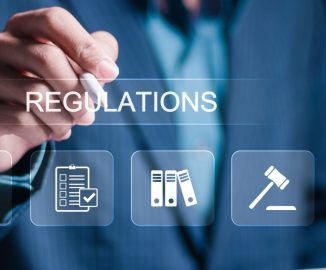Would you be able to complete all your tasks if there were just more hours in the day? Not necessarily, says the research. More hours doesn’t always mean more productivity — for even time follows the law of diminishing returns.
By training yourself to identify and focus on what matters most, you can work more efficiently and effectively. Here’s how.
Put Constraints on Your Lists
If you set unrealistic goals, you’re likely to flounder. Whenever you make yourself a list, look for three to five items that are the core objectives. These are your high-priority items. Tackle the largest one first thing in the morning. When it’s out of the way, the next ones will be increasingly more doable.
Focus on Results Instead of Time
When you focus too much on keeping to a schedule, it’s easy to start lamenting any temporal setbacks. This leads to inefficiency and apprehension, which translates to dissatisfaction. Focus on seeing a task through to completion and doing it well. If it takes longer than you thought, then that’s how long it was always going to take.
Be Clear With Your Communication
We often fail to be too specific for fear of offending or annoying others. However, when you’re working with other people on a project, it’s important to practice clear communication and goal-setting. Stick to one topic at a time and make sure you listen well. Be concise and minimal in the amount of information you share.
At Work, Routine Is Good
Your brain works best when it is in a rhythm. Try to keep some semblance of a routine to your work to maximize efficiency.
Play Tricks on Yourself
Let’s say you have a big assignment due on Friday and a small assignment due on Wednesday. Most of us work better under pressure, so why not pretend something’s due earlier than it is? Set the deadline to finish the small task by Monday and the big task by Wednesday. You’ll see how much more efficiently you can work when you’re under pressure — even if you invented it!
Delegate so You Can Do What You Enjoy
Wherever it’s possible for you to delegate, do so, so you can focus on work you enjoy. If you enjoy doing something, chances are you’re better at it.
Works Cited
Rampton, John. “Work Smarter, Not Harder: 10 Ways to Be More Effective at Work.” Inc.com, Manuseto Ventures, 29 Dec. 2017, www.inc.com/john-rampton/work-smarter-not-harder-10-ways-to-be-more-effective-at-work.html.


